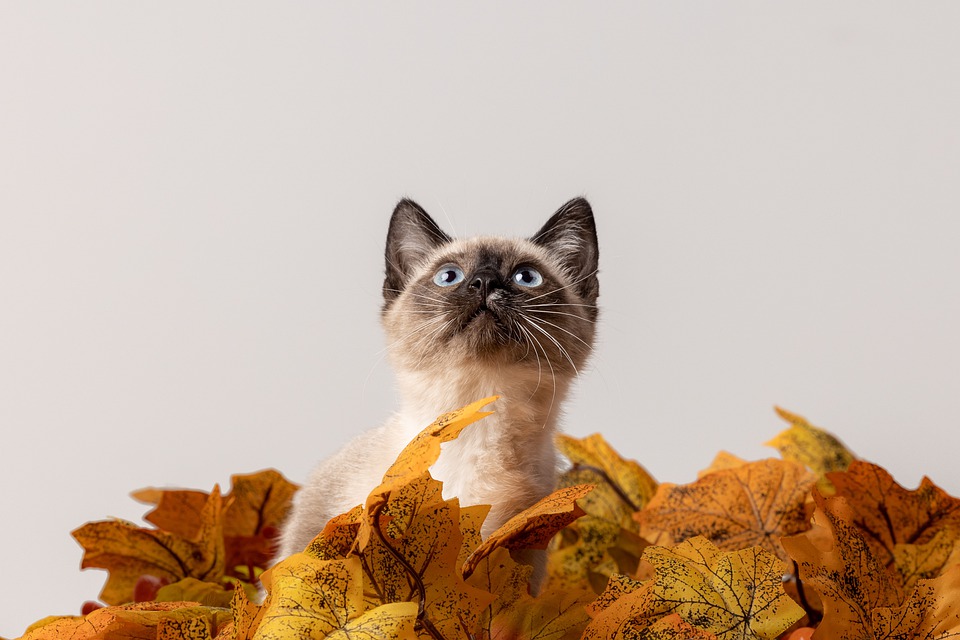Cats are known for their meticulous grooming habits, which often leads to the formation of hairballs. While the occasional hairball is considered normal, excessive hairballs can indicate an underlying issue that requires attention. As a cat owner, it’s important to be aware of the signs that may suggest a potential problem with hairballs. In this article, we will explore these signs and provide answers to some frequently asked questions regarding cat hairballs.
Understanding Hairballs and their Causes
Before delving into the signs of a potential problem, let’s briefly understand hairballs and what causes them. Hairballs are formed when cats groom themselves and swallow loose hair in the process. The swallowed hair typically passes through the digestive system without causing any issues. However, in some cases, hair can accumulate in the stomach, forming a hairball. This hairball is then vomited or passed through the cat’s digestive system.
There are several factors that can contribute to the formation of hairballs in cats, including:
1. Excessive shedding: Cats with long hair or those that shed excessively are more prone to developing hairballs.
2. Inadequate grooming: Cats that are unable to groom themselves properly due to obesity, arthritis, or other health conditions may end up with more hair in their stomachs.
3. Seasonal changes: Cats tend to shed more during seasonal changes, leading to an increased likelihood of hairball formation.
Signs of a Potential Hairball Problem
While hairballs are relatively common, it’s crucial to identify any signs that may indicate a potential problem. If you notice any of the following signs in your cat, it’s advisable to consult with your veterinarian:
1. Frequent or excessive vomiting of hairballs
While occasional hairball vomiting is normal, frequent or excessive episodes of vomiting hairballs might suggest an underlying issue. If your cat is vomiting hairballs more than once a week or if the vomiting is becoming more frequent, it’s time to seek veterinary advice.
2. Lack of appetite or weight loss
If your cat starts showing a decreased appetite or experiences unexplained weight loss along with hairball-related symptoms, it could be a sign of an underlying gastrointestinal issue. Consulting with your veterinarian is crucial to identify and address the root cause of the problem.
3. Straining or discomfort during hairball elimination
Cats generally eliminate hairballs through vomiting, coughing, or passing them in their stool. If your cat appears to be straining excessively or seems uncomfortable during the elimination process, it could indicate an obstruction or gastrointestinal disturbance. Seeking veterinary attention is recommended in such cases.
4. Presence of blood in vomit or stool
The presence of blood in vomit or stool should always be a cause for concern. While hairballs alone may not cause this, it could indicate a more serious underlying condition. Contact your veterinarian immediately if you notice blood in your cat’s vomit or stool.
5. Changes in behavior or lethargy
If your cat becomes unusually lethargic, exhibits behavioral changes, or experiences a decrease in activity levels in conjunction with hairball-related symptoms, it may indicate an underlying health issue. Professional evaluation is essential to determine the cause and provide appropriate treatment.
FAQs about Cat Hairballs
Q: Can hairballs be prevented?
A: While hairballs cannot be entirely prevented, there are measures you can take to minimize their occurrence. Regular brushing to remove loose hair, providing a balanced diet rich in fiber, and encouraging hydration can all help reduce hairball formation.
Q: Should I give my cat hairball remedies?
A: Hairball remedies, such as specialized diets, treats, or lubricants, can help facilitate the passage of hair through the digestive system. Consult with your veterinarian to determine the most suitable hairball remedy for your cat.
Q: Are hairballs more common in certain breeds?
A: Cats with longer hair, such as Persians or Maine Coons, are generally more prone to hairball formation due to the increased amount of hair they groom and swallow. However, hairballs can affect cats of any breed.
Q: Can hairballs cause intestinal blockages?
A: While hairballs can cause temporary blockages, complete intestinal blockages due to hairballs are rare. However, if your cat exhibits signs of distress, such as persistent vomiting or refusal to eat, it’s important to seek veterinary assistance promptly.
Q: When should I be concerned about my cat’s hairballs?
A: If your cat experiences frequent or excessive vomiting of hairballs, shows a lack of appetite or unexplained weight loss, strains or appears uncomfortable during hairball elimination, or exhibits other concerning symptoms alongside hairball issues, it’s advisable to consult with your veterinarian for a thorough evaluation.
Remember, keeping a close eye on your cat’s hairball-related behaviors and promptly addressing any concerns can help ensure your furry friend’s optimal health and well-being.








